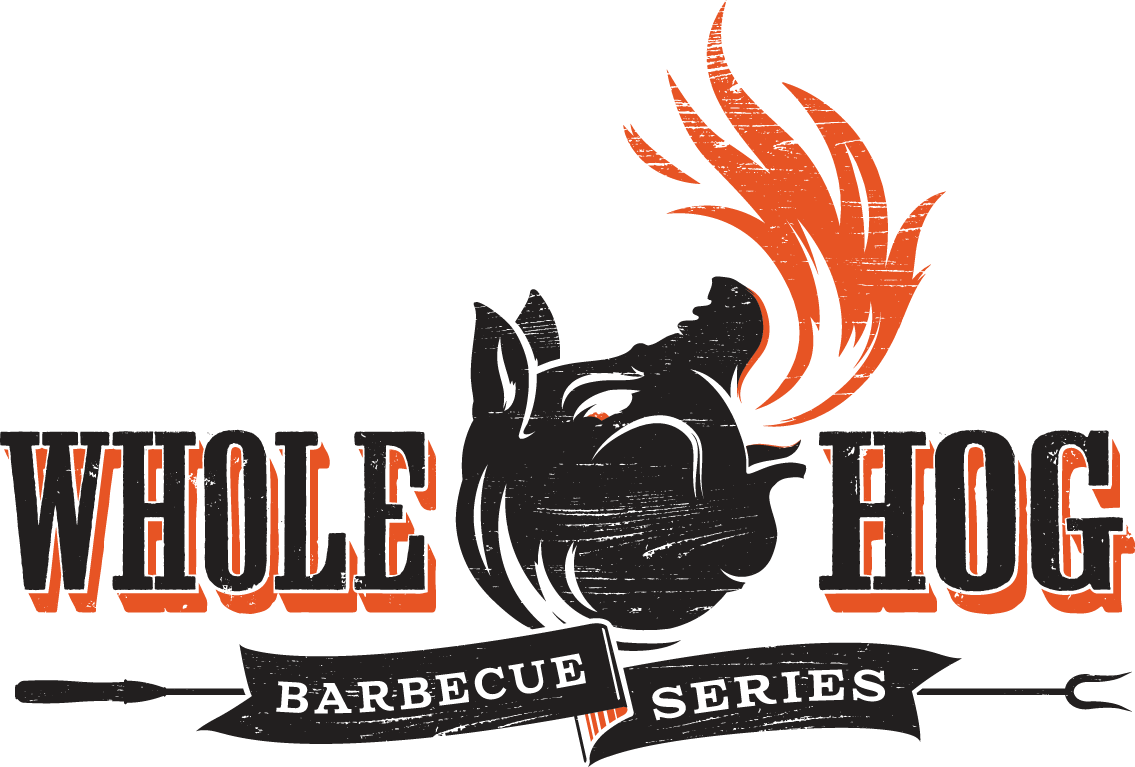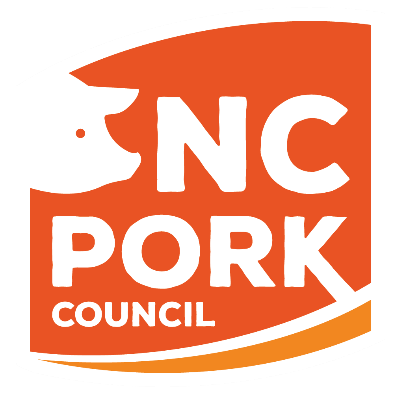Barbecue = Pork

COOK.
COMPETE.
GIVE BACK.
Sanctioning the Whole Hog Barbecue Series and Championship is one of the ways the North Carolina Pork Council supports local communities and events throughout our region.
Since 1985, the North Carolina Pork Council has organized and sanctioned the Whole Hog Barbecue Championship as the culmination of the Whole Hog Barbecue Series local competitions statewide.
Since 2019, the Series has raised over $1.2 million for local charities.
NC Pork Council
The North Carolina Pork Council (NCPC) is the statewide organization chartered in 1962 to support producers and allied industry partners within the NC pork industry. Today, the pork industry in the state includes more than 2,200 farms, about 46,000 full-time jobs and adds more than $11 billion to North Carolina’s economy.


